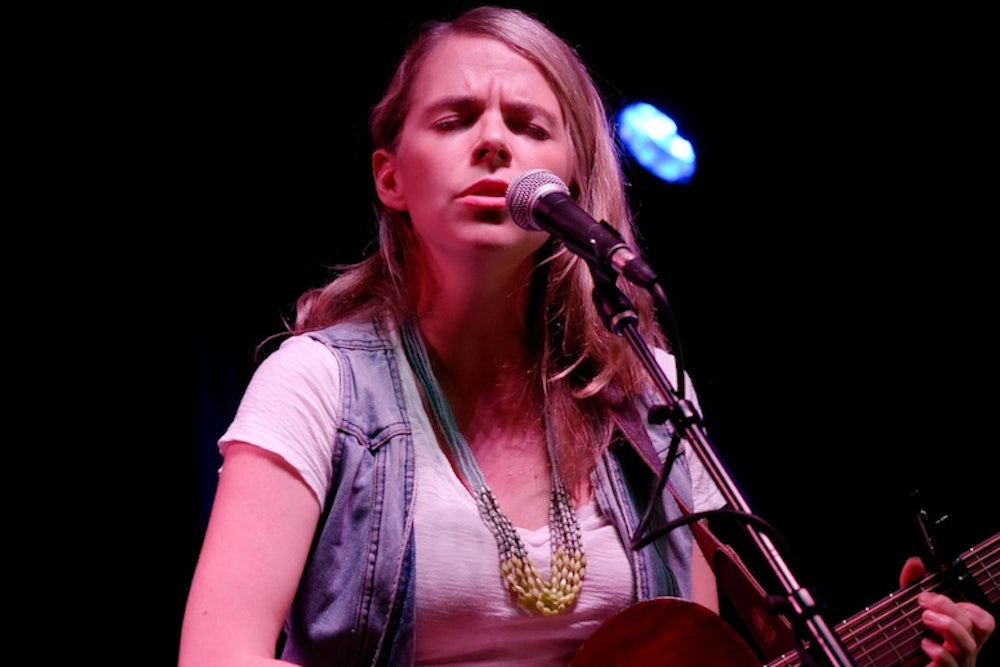For weeks, if not months, last year I had “Lay my Burden Down,” a song sung by Alison Krauss playing between my ears. Often I would wake up to it. It is a beautiful song about facing death. It begins:
Gonna lay my burden down
Gonna lay my body in the ground
Cold clay against my skin
But I don't care at all
The two stanzas that I liked the most were:
When I sleep the angels sing
But I cannot hear a thing
Eyes close
Dreaming of better days gone by
When I wake the trumpets play
And I'm standing at the gates
Fall down and joy
I know my race has just been won.
I thought my obsession with the song must have something to do with my fear of death, certainly a subject that had occurred to me before. But I finally realized that it was not about death at all, but my laying down the burden of the book that I had been writing for eight years and that I was near finishing. After that, I stopped hearing the song in my head, but it’s still one of my favorites.
Last night, my wife and I went to the Birchmere in Alexandria to hear Sarah Jarosz, a singer that I first learned about from Paul Krugman’s Friday music blog. The warm-up act was another singer Aoife O'Donovan. Toward the end of her set, she announced she was going to sing “Lay My Burden Down.” To my amazement, I learned that she had written it.
I was amazed because I assumed it was a traditional spiritual, to which Krauss had added a few stanzas and chords. Indeed, the phrase “lay my burden down” recurs in older blues and spirituals. I never dreamed that a twenty-something Bostonian, who had graduated from the New England Conservatory of Music in 2003, had written such a song. O’Donovan, now 30, makes her living writing songs and touring with a trio.
The morale of this story is something like this: O’Donovan and Jarosz seem to be part of a musical generation that is furiously eclectic. O’Donovan started off as folk singer, Jarosz, who is now only 22, as a teenage bluegrass prodigy. But their music combines folk, bluegrass, and indie rock. “Lay My Burden Down” could easily pass as a church spiritual. They incorporate and yet transcend all these different traditions. I think, too, of erstwhile folk singer Gillian Welch’s wonderful tribute to Elvis Presley, “The Elvis Presley Blues.”
These musicians have followed a different route from many rock or pop starts. They studied music at college and conservatories. Jarosz cut her first record when she was just out of high school, but instead of getting caught up in the whirl of music celebrity, went like Donovan to the New England Conservatory of Music, from which she just graduated. It shows in their musicianship and in the musicianship of the people who accompany them. I won’t go on—I’ll lay this burden down for someone far more knowledgeable like David Hajdu to pick up—but I think there is something both particularly American and admirable about their music.
Correction: A previous version of this article misspelled Alison Krauss's last name.
